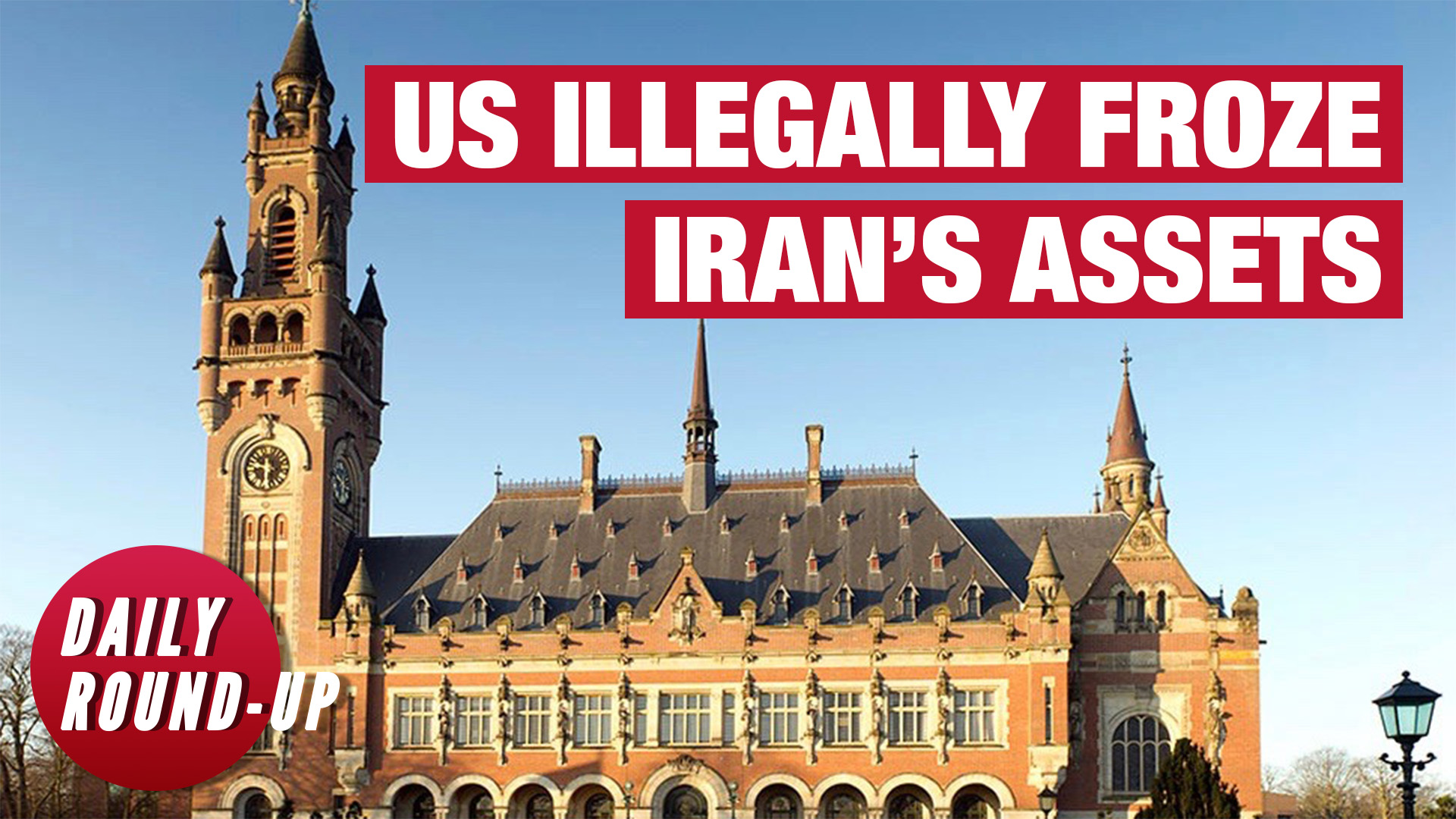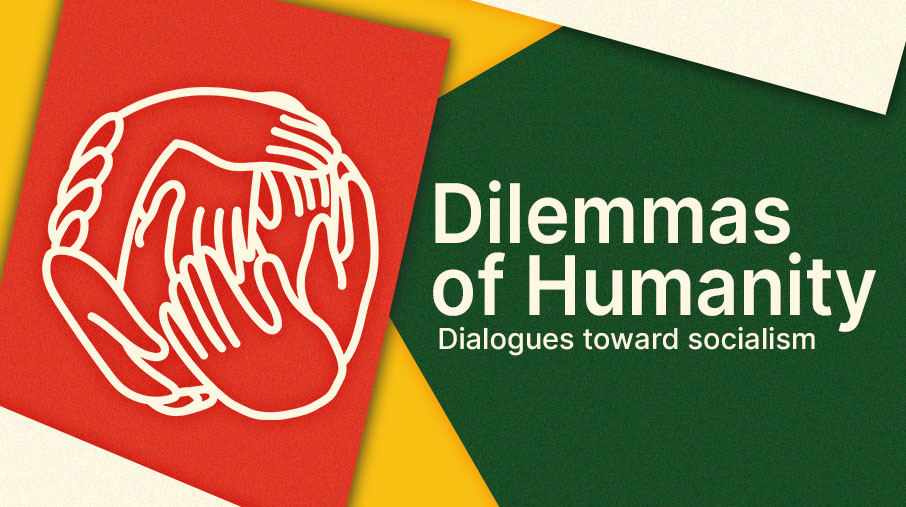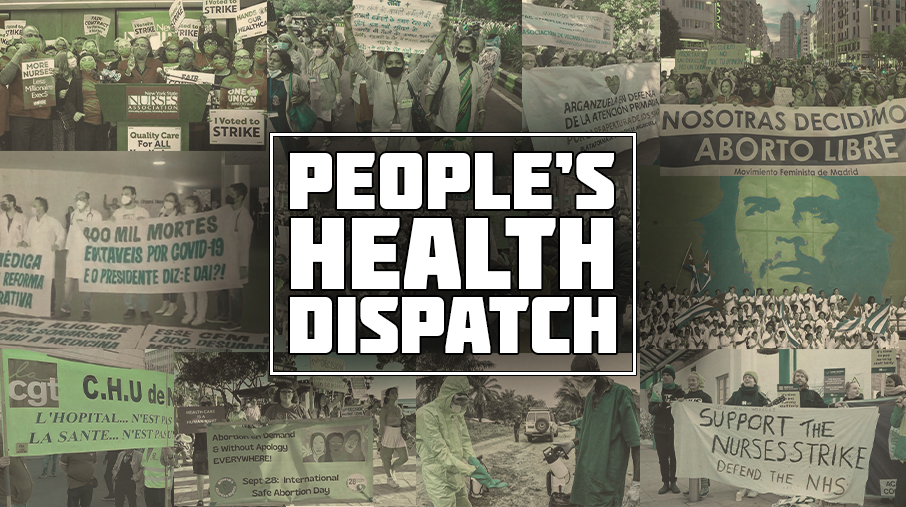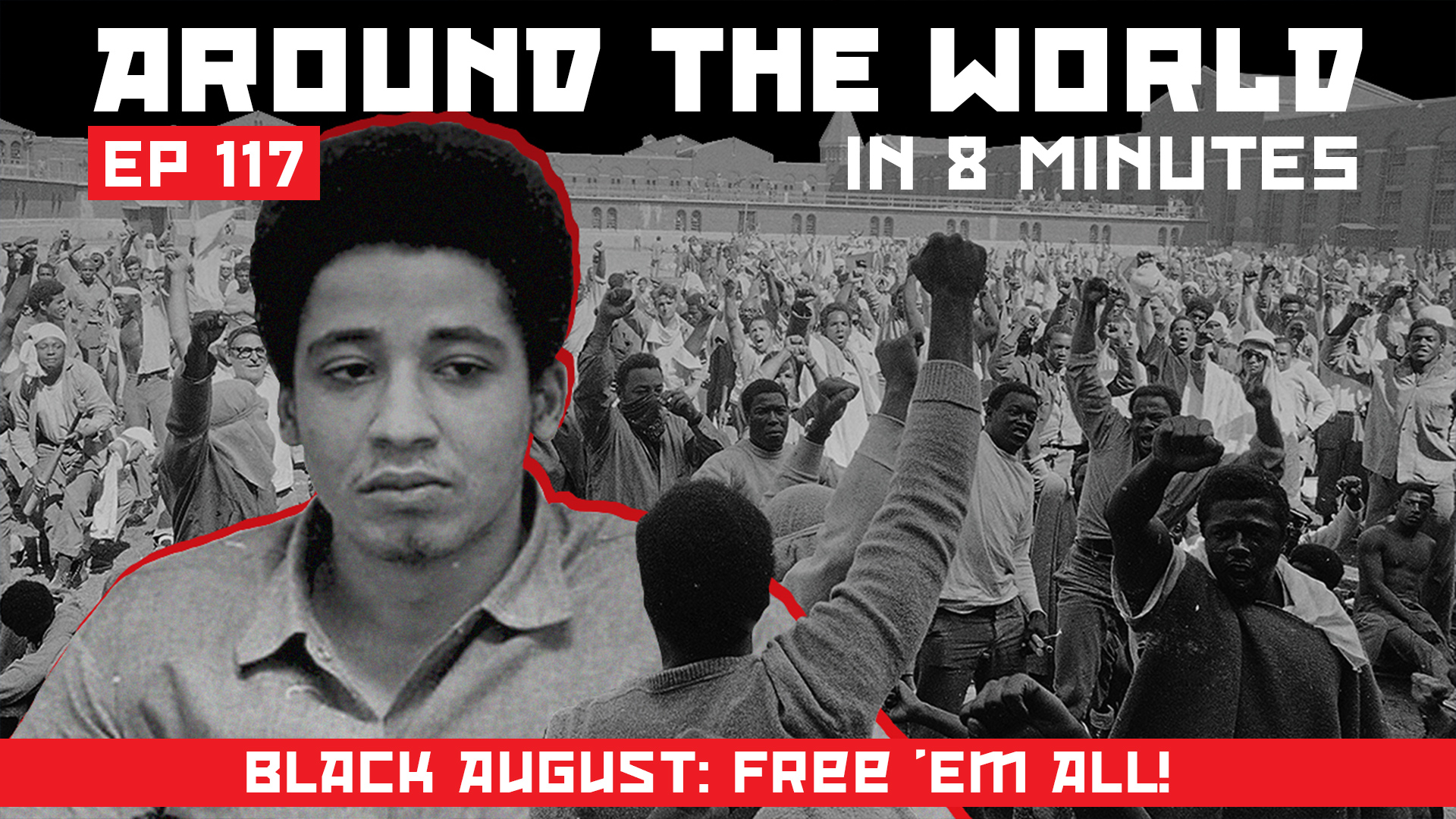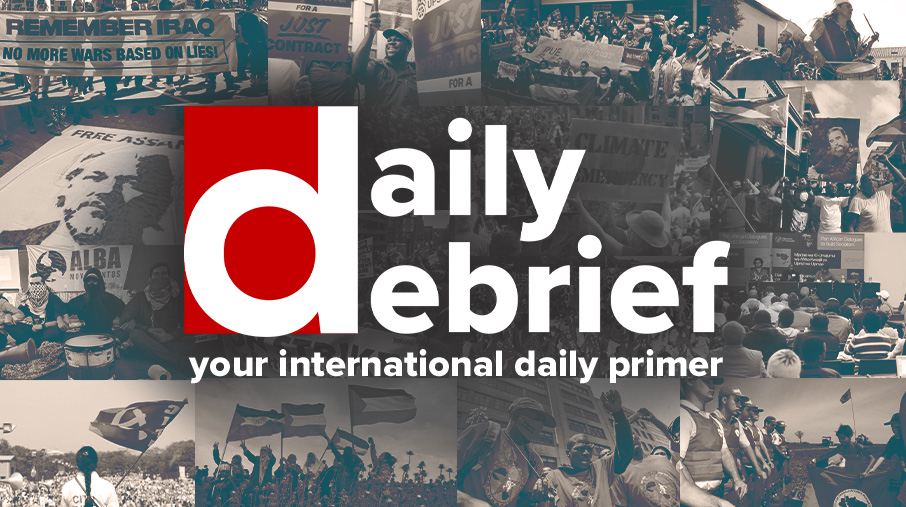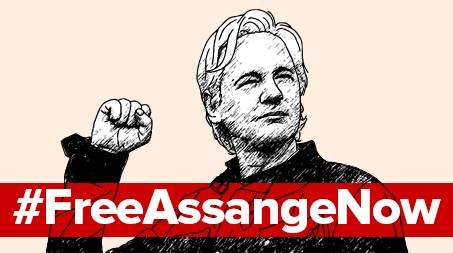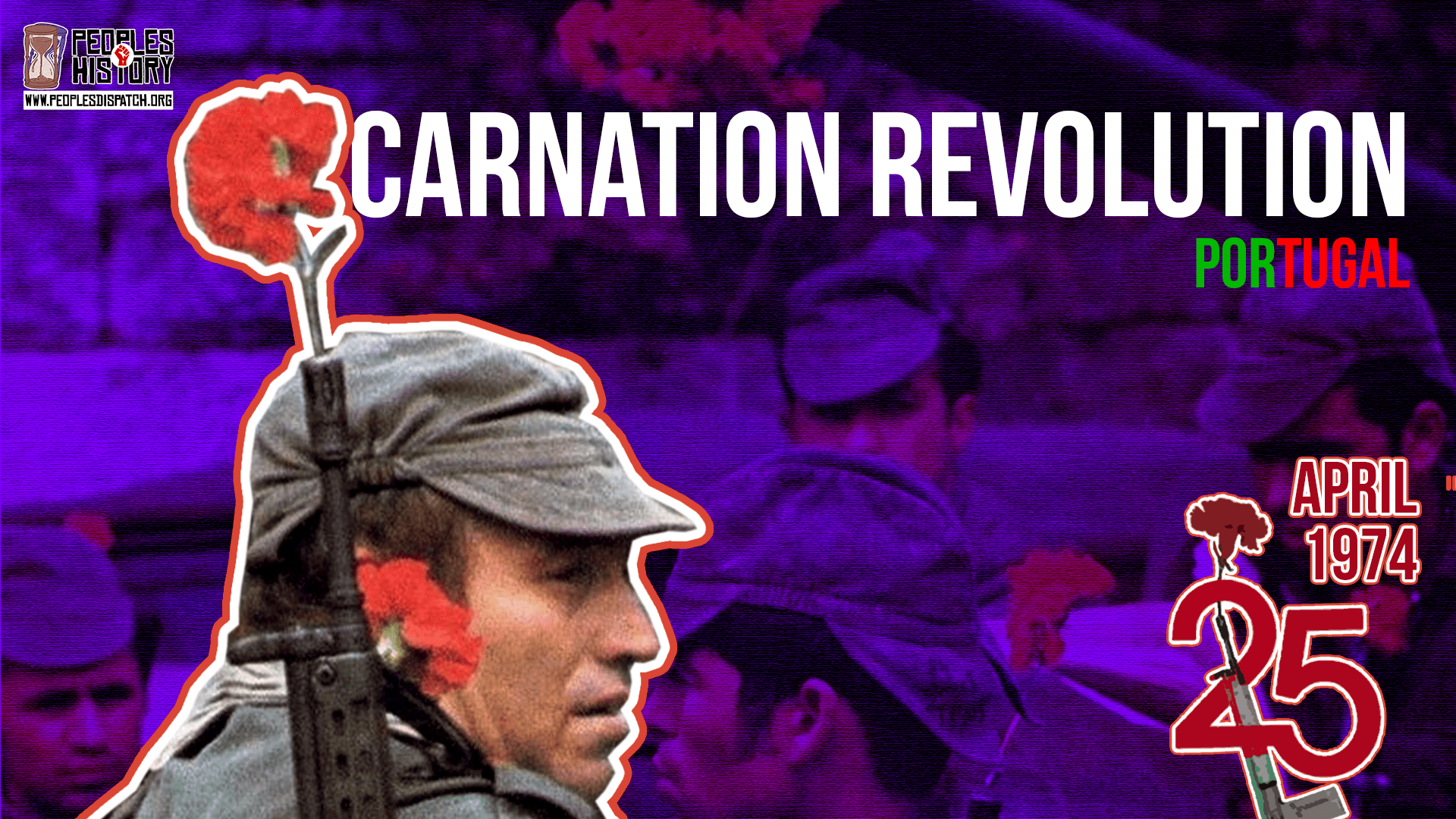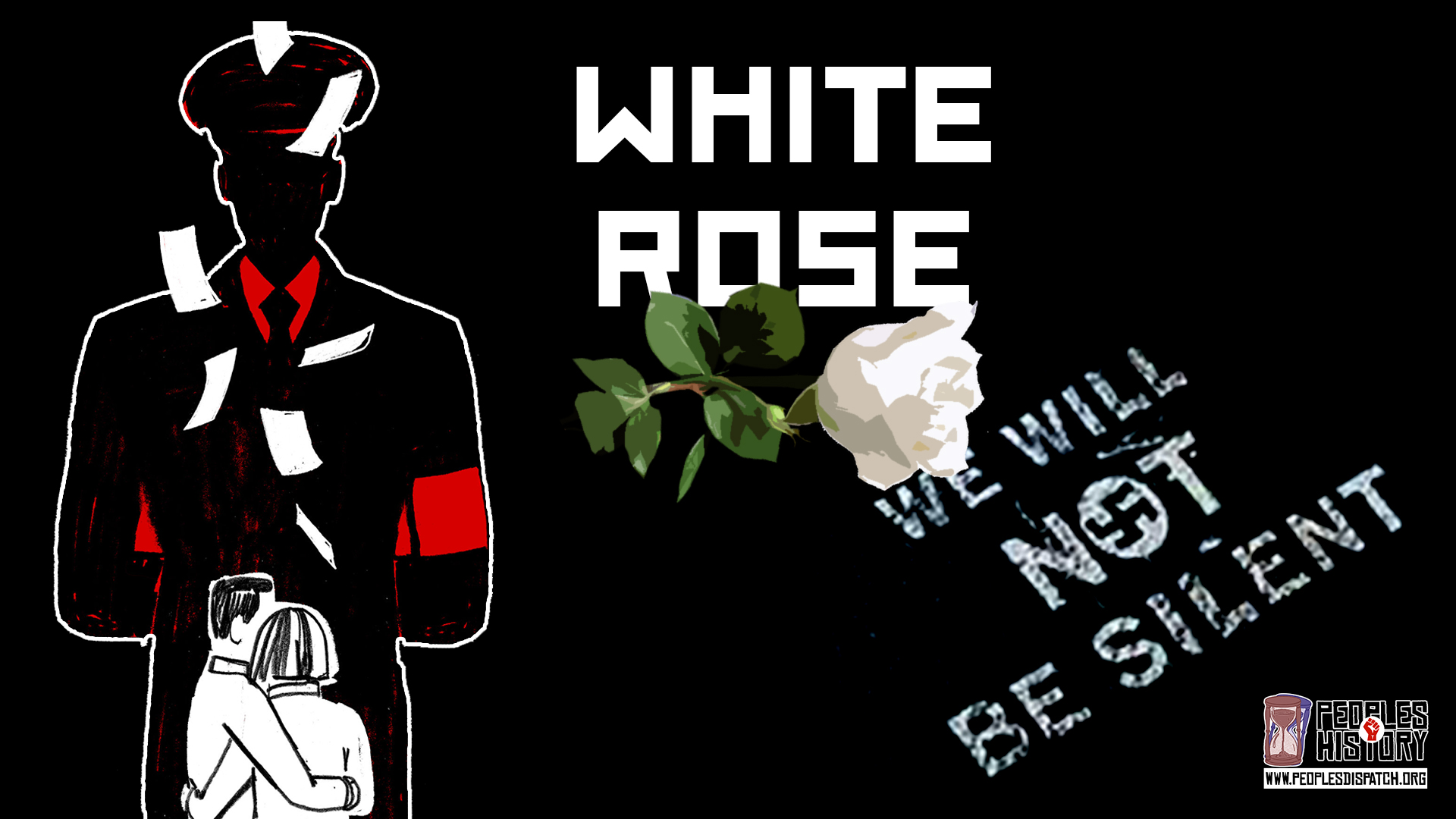 Nigeria’s new President Bola Tinubu begins his term with fuel subsidies controversy
Nigeria’s new President Bola Tinubu begins his term with fuel subsidies controversy
Nigerian journalist Chido Onumah analyzes the first days of the country’s new President Bola Tinubu, his announcement on ending subsidies, and the political climate in the country after the controversial elections
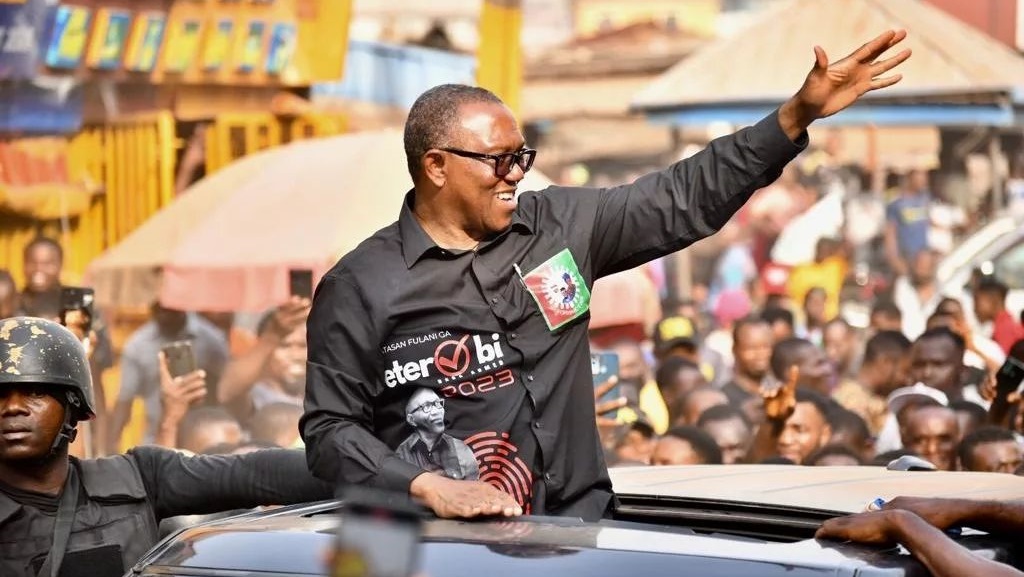 As Nigeria goes to the polls, Labor Party backed by the trade unions, emerges as strong third force
As Nigeria goes to the polls, Labor Party backed by the trade unions, emerges as strong third force
Africa’s most populous country, Nigeria, is going to the polls on February 25. Key trade unions and progressive forces have backed the Labour Party and its presidential candidate Peter Obi to provide a break from the policies of the mainstream APC and PDP parties
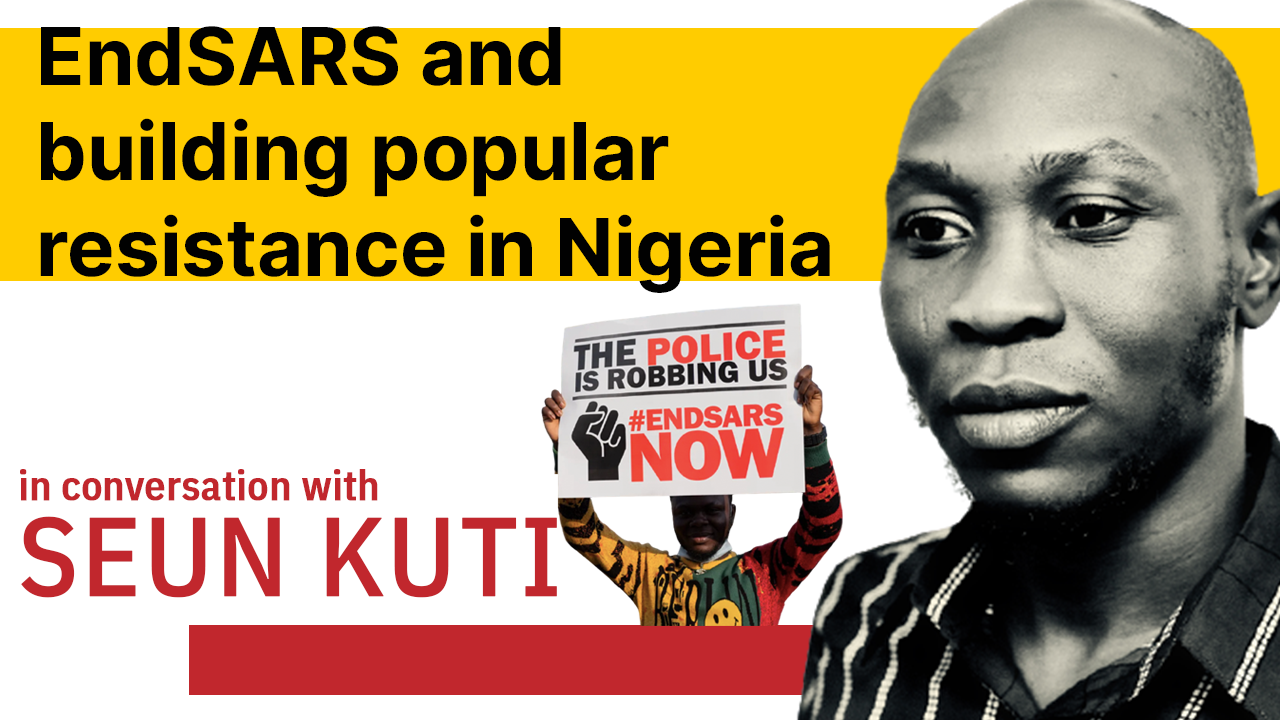 Seun Kuti: “The oppressed people of the world need to organize themselves for political power”
Seun Kuti: “The oppressed people of the world need to organize themselves for political power”
Seun Kuti talks to Vijay Prashad about the EndSARS movement in Nigeria, the need for broadening the movement and building popular resistance in the country, and more.
 Nigeria enacts petroleum industry bill with sweeping pro-corporate reforms
Nigeria enacts petroleum industry bill with sweeping pro-corporate reforms
The Petroleum Industry Bill 2021 has been heavily criticized by the host communities in the Niger Delta. The bill reduces the royalties paid by oil companies, sets the ground to privatize the state oil corporation, and makes way for monopolization of fuel imports
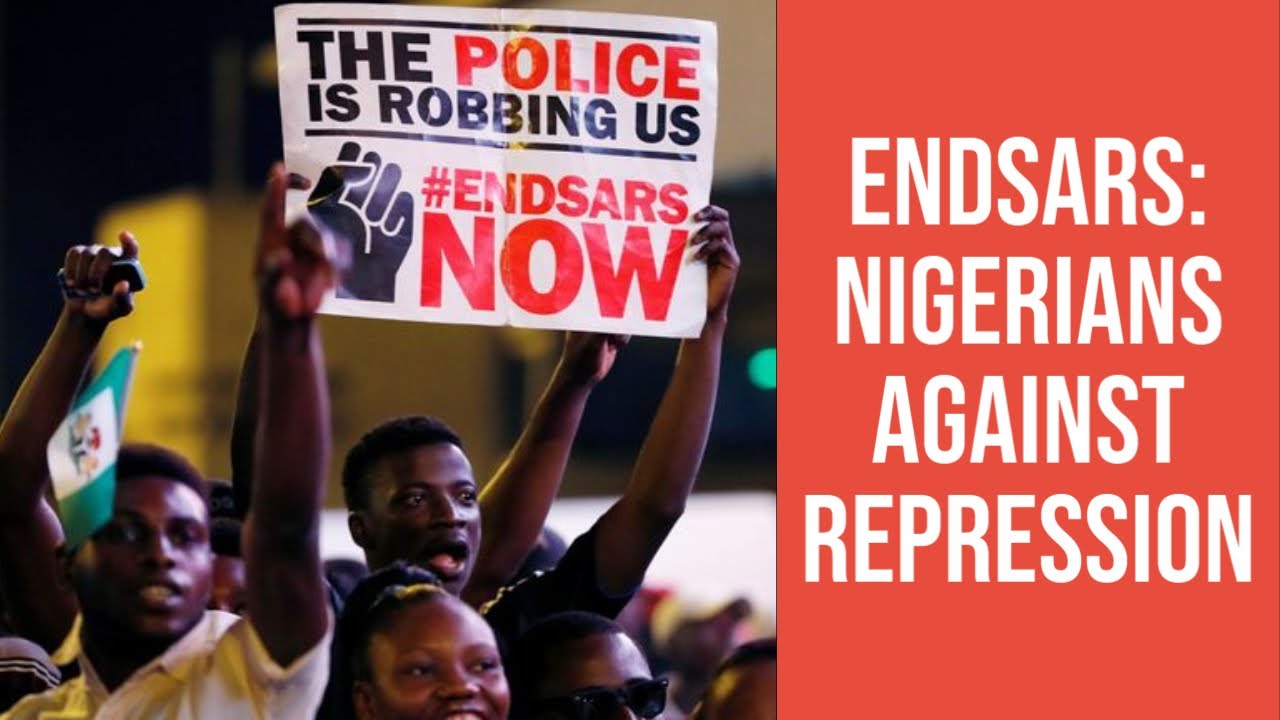 END SARS: The police force in Nigeria remains essentially colonial
END SARS: The police force in Nigeria remains essentially colonial
Nigerian journalist and writer Chido Onumah talks about the END SARS protests, the atrocities of the security establishment, and the policy framework of the state over the past few decades
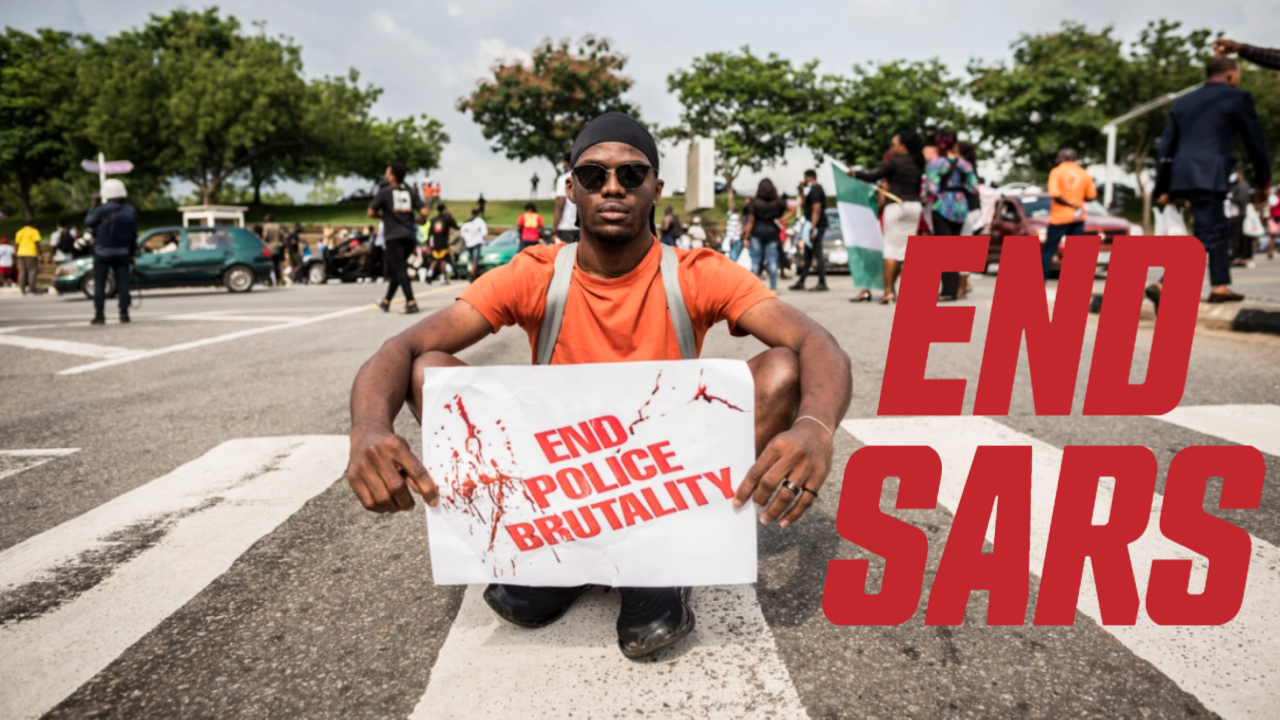 Nigerians demand an end to police brutality
Nigerians demand an end to police brutality
At least ten people are reported to have been killed in police repression of the protests.
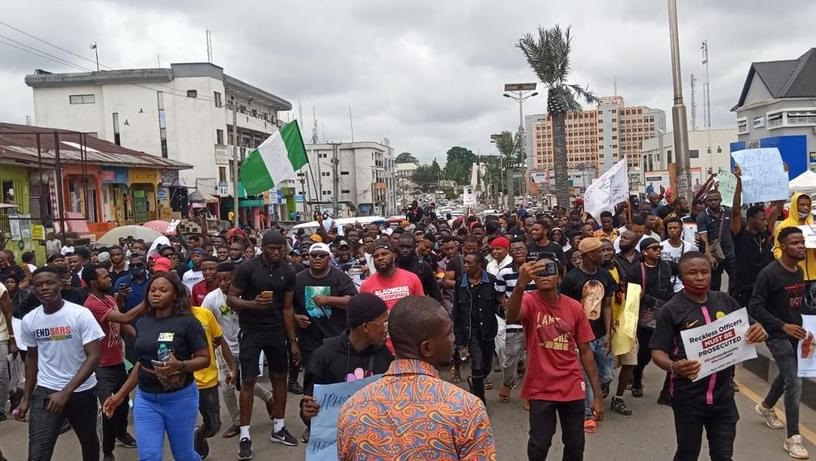 Protests against police violence in Nigeria continue for the sixth day
Protests against police violence in Nigeria continue for the sixth day
The protesters’ main demands are the dissolution of the Special Anti-Robbery Squad (SARS) of the police and an end to police brutality. The government was forced to give in and dissolve SARS
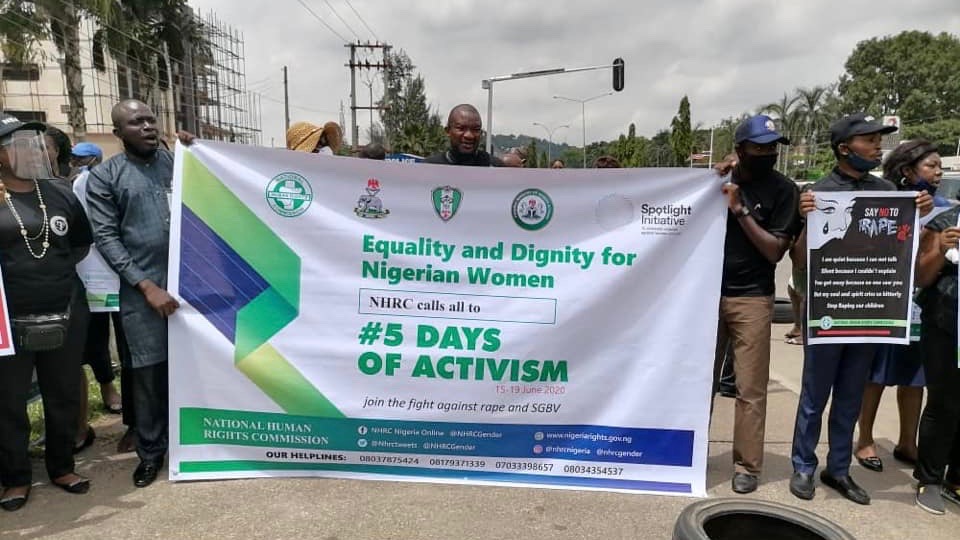 Nigeria’s Human Rights Commission blocks workers’ strike with court order
Nigeria’s Human Rights Commission blocks workers’ strike with court order
Unionized workers of NHRC were set to embark on an indefinite strike to demand the implementation of national minimum wage and payment of missing wages
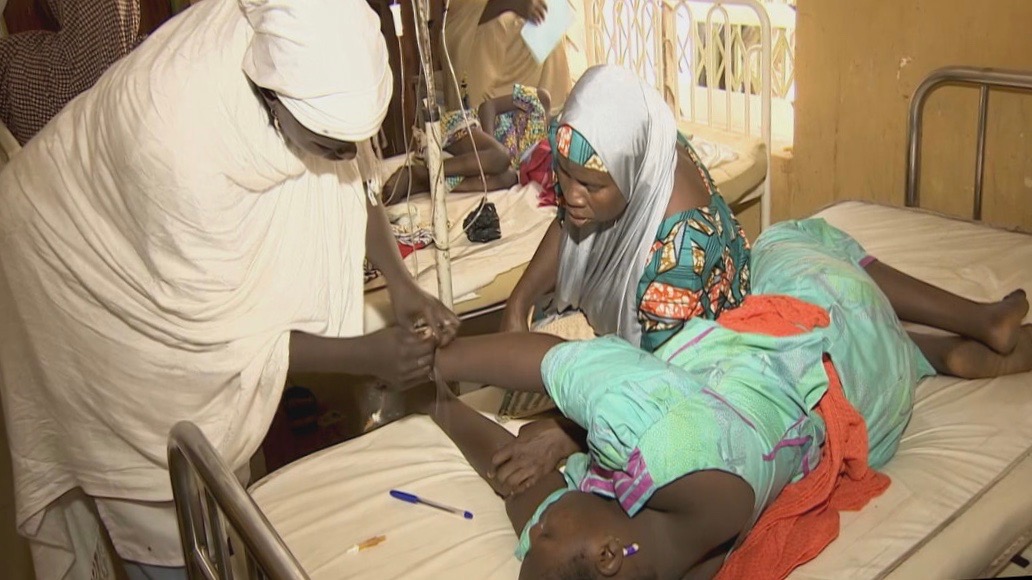 Nigeria third worst COVID-19-affected African country
Nigeria third worst COVID-19-affected African country
According to official data, Nigeria has 6.3% of the COVID-19 cases on the African continent, while South Africa accounts for around 37%. However, Nigeria has conducted only 0.67 tests per 1,000 people, when the figure in South Africa stands at 27.48 tests every 1,000 people
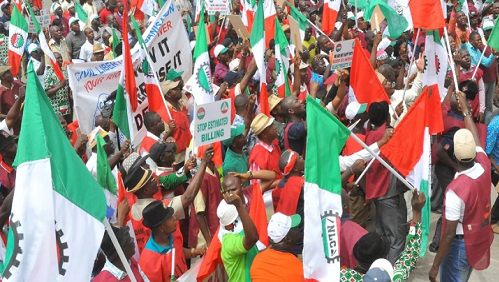 Workers in Niger threaten strike action if revised minimum wages are not implemented
Workers in Niger threaten strike action if revised minimum wages are not implemented
The Nigerian federal government passed a law in April 2019, mandating an increase in the minimum wage from N18,000 (USD 49.36) to N30,000 (USD 82.27), but employees of State governments are yet to receive their consequential pay hikes
 Incumbent president Buhari wins election; opposition challenges result
Incumbent president Buhari wins election; opposition challenges result
The voter turnout of 35.7% is less than the 44% in 2015; incumbent president doubles his electoral support in five states in southeastern Nigeria
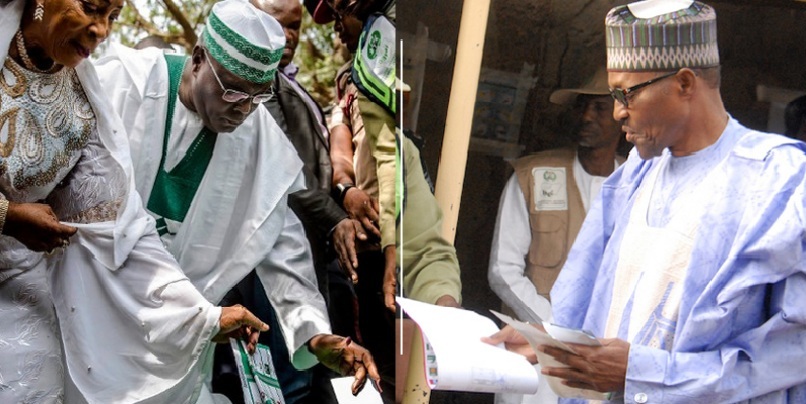 Nigeria decides: “The election doesn’t hold out much by way of alternatives to the neoliberal challenges”
Nigeria decides: “The election doesn’t hold out much by way of alternatives to the neoliberal challenges”
To understand what this election means for labor rights, women rights and healthcare in the country, Peoples Dispatch interviewed Nnimmo Bassey, a Nigerian author, poet and environmental activist.


